The problem is that you're trying to catch SqlException, but that's not the exception type: it's the InnerException.
If user10954641 is right, and its an UpdateException, you could simply catch that:
try
{
}
catch (UpdateException e)
{
}
If it's a different exception, then catch whatever exception type is actually thrown. Alternatively, you could conditionally catch exceptions where the InnerException is SqlException:
try
{
}
catch (Exception e) when (e.InnerException is SqlException)
{
}
If you're wondering why catch (SqlException) doesn't work, consider the following code:
public void ThrowException()
{
try
{
MakeDatabaseCall();
}
catch (Exception e)
{
throw new Exception("Uh oh!", e);
}
}
public void MakeDatabaseCall()
{
throw new SqlException();
}
A call to ThrowException() will ultimately produce an error form MakeDatabaseCall(), but the exception type will not be SqlException because we're wrapping it in another exception (in this case the exception base class): Exception. But, because we're passing the exception thrown by MakeDatabaseCall() into the constructor, our "Uh oh!" exception will contain the SqlException in its InnerException field.
When you use try/catch(ExceptionType e), you're instructing .NET to pattern match the exception before deciding which catch statement to enter. For the sake of illustration, the two pieces of code below are roughly equivalent:
try
{
}
catch(SqlException e)
{
//catches an SqlException
}
and
try
{
}
catch(Exception e) when (e is SqlException)
{
//catches an SqlException
}
Clearly in our ThrowException example, Exception is not derived from SqlException, so catch (SqlException e) won't match.
